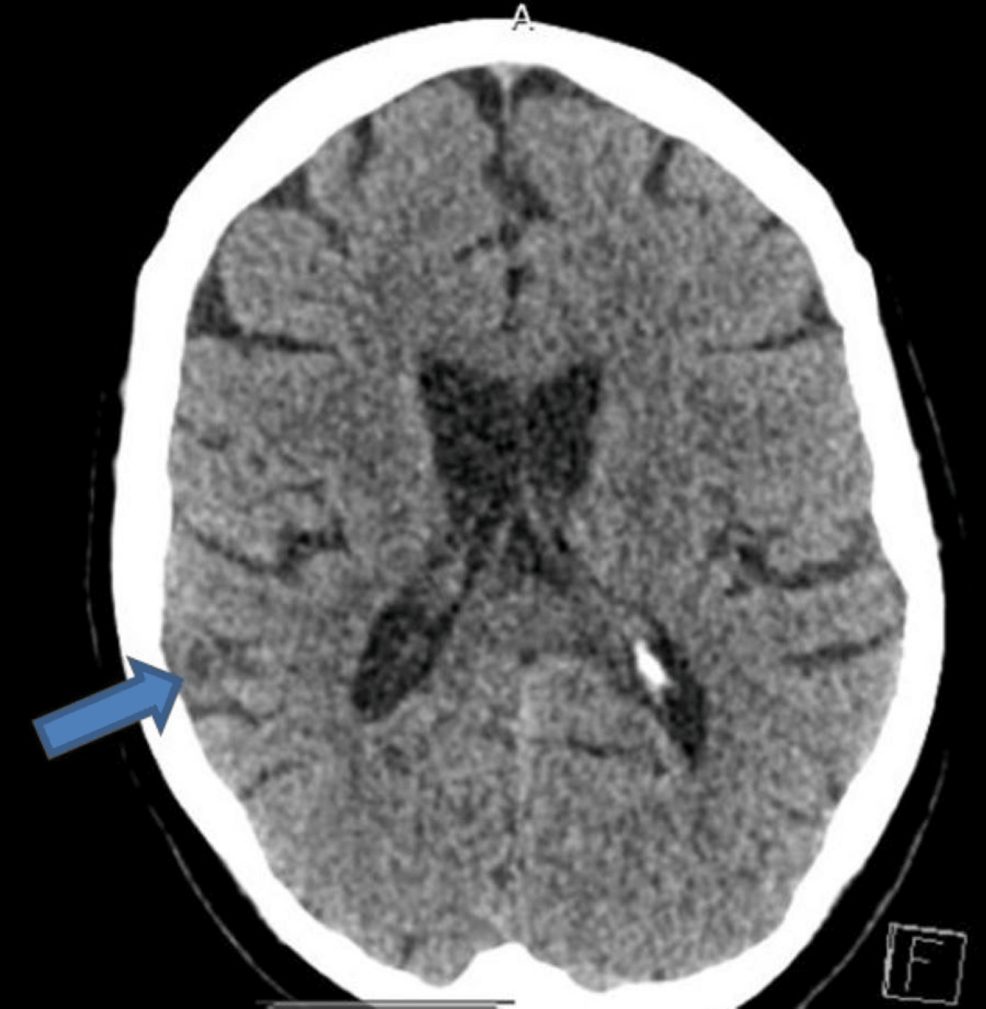A recent case report describes PML mimicking stroke in HIV in a patient who had just been diagnosed with HIV, underscoring the diagnostic challenges posed by this rare brain infection. Progressive multifocal leukoencephalopathy (PML) is caused by the reactivation of the John Cunningham (JC) virus in immunocompromised patients, especially those with advanced HIV.
In the case described, the patient presented with sudden onset of focal neurological symptoms—such as weakness and altered consciousness—that were initially suggestive of a cerebrovascular event. However, MRI scans revealed multiple asymmetric white-matter lesions, rather than the more typical features of a stroke. Further diagnostic evaluation, including lumbar puncture, showed JC virus DNA in the cerebrospinal fluid (CSF), confirming PML.
This scenario is especially problematic because the clinical and radiological similarities between PML and stroke can mislead physicians. According to HIV clinical guidelines, progressive white-matter lesions and slowly worsening neurological deficits should prompt consideration of PML instead of—or in addition to—acute infarction.
The report highlighted that timely diagnosis is critical. Because PML is typically managed by restoring immune function (e.g., antiretroviral therapy in HIV), early detection can affect outcomes and minimize irreversible damage. Unlike stroke, for which treatments aim to limit infarction, PML therapy often centers on immune recovery and supportive care.
Clinicians are therefore encouraged to maintain a high index of suspicion for PML in HIV patients who present with stroke-like features, particularly when imaging shows atypical white-matter lesions. Recognizing PML quickly may help avoid unnecessary treatments for stroke and instead focus on managing viral reactivation and immunosuppression.
#Vitus@GTS















